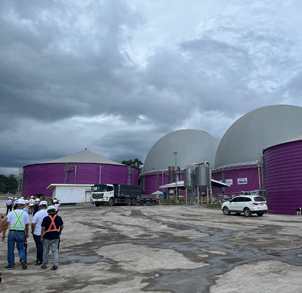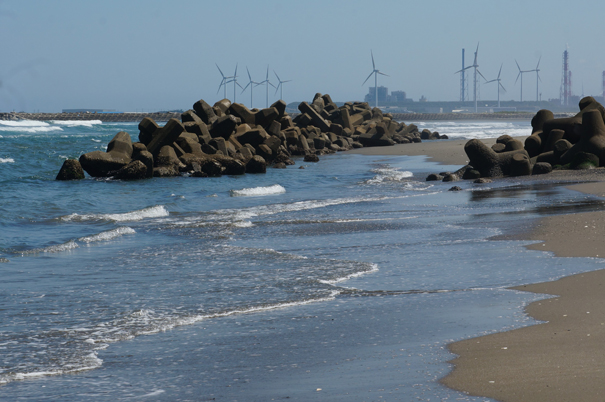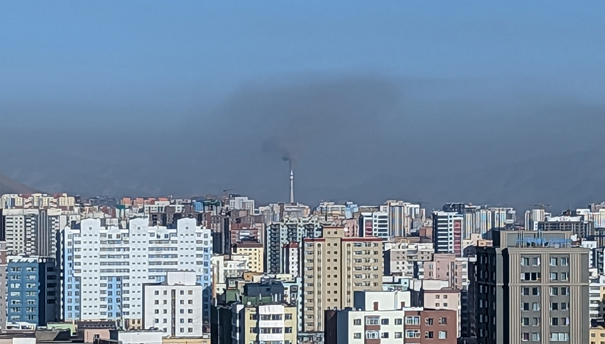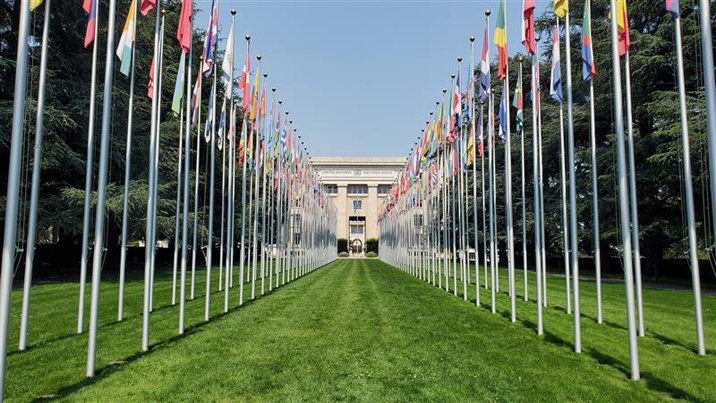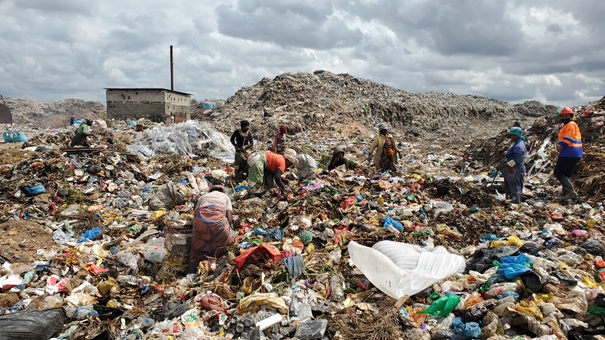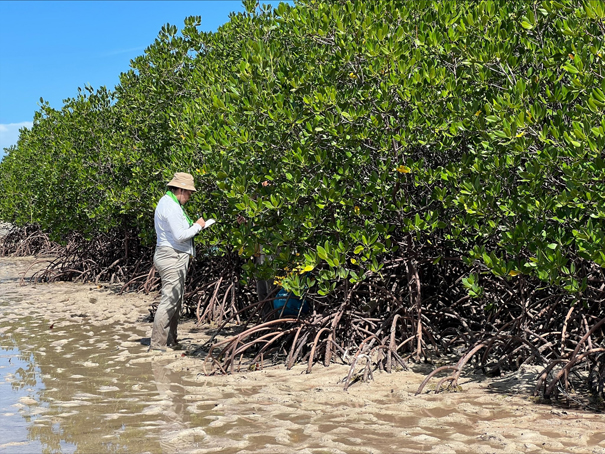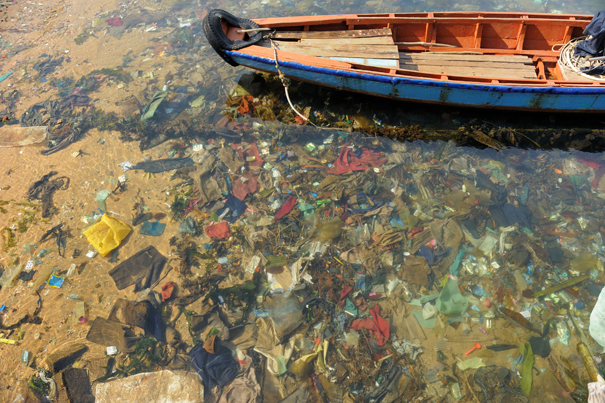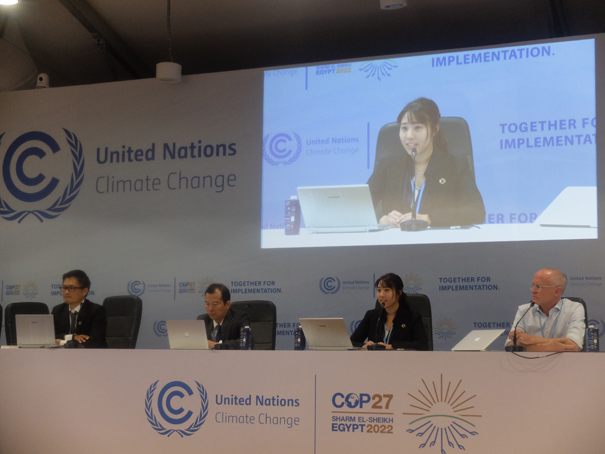
Climate Mitigation
Various International Approaches to Climate Change Mitigation Outreach Based on the Nationally Determined Contributions (NDCs) submitted by countries under the Paris Agreement, OECC has been proactively engaged in research for planning and implementation, support for the formulation of national laws and regulations, and support for climate change measures among cities. In addition, OECC has been focusing on its support for the establishment of GHG measurement, reporting and verification system (MRV) in response to the growing need for assistance related to national reporting and GHG inventory preparation scheduled for submission in 2024 as stipulated in Article 13 of the Paris Agreement. Furthermore, with regard to the transparency of GHG emissions of businesses in the private sector, OECC is providing support for establishing and operationalizing transparency systems and improving access to Environmental Social and Governance (ESG) investments. In the future, we will also promote efforts to visualize GHG emissions through the supply chain, which involves emissions calculation and reporting (including Scope 3) from the perspective of promoting GHG emission reductions across the world. Support for the Establishment and Implementation of the Bangkok Metropolitan Administration’s Climate Change Master Plan and Verification of Target Achievement OECC has been engaged in capacity-building support for the establishment and implementation of a Climate Change Master Plan for the Bangkok Metropolitan Administration (BMA) of Thailand since 2009. Through a Japan International Cooperation Agency (JICA) technical cooperation project, the BMA was the first to establish and implement a full-scale master plan, resulting in a 24% reduction, far exceeding […]


